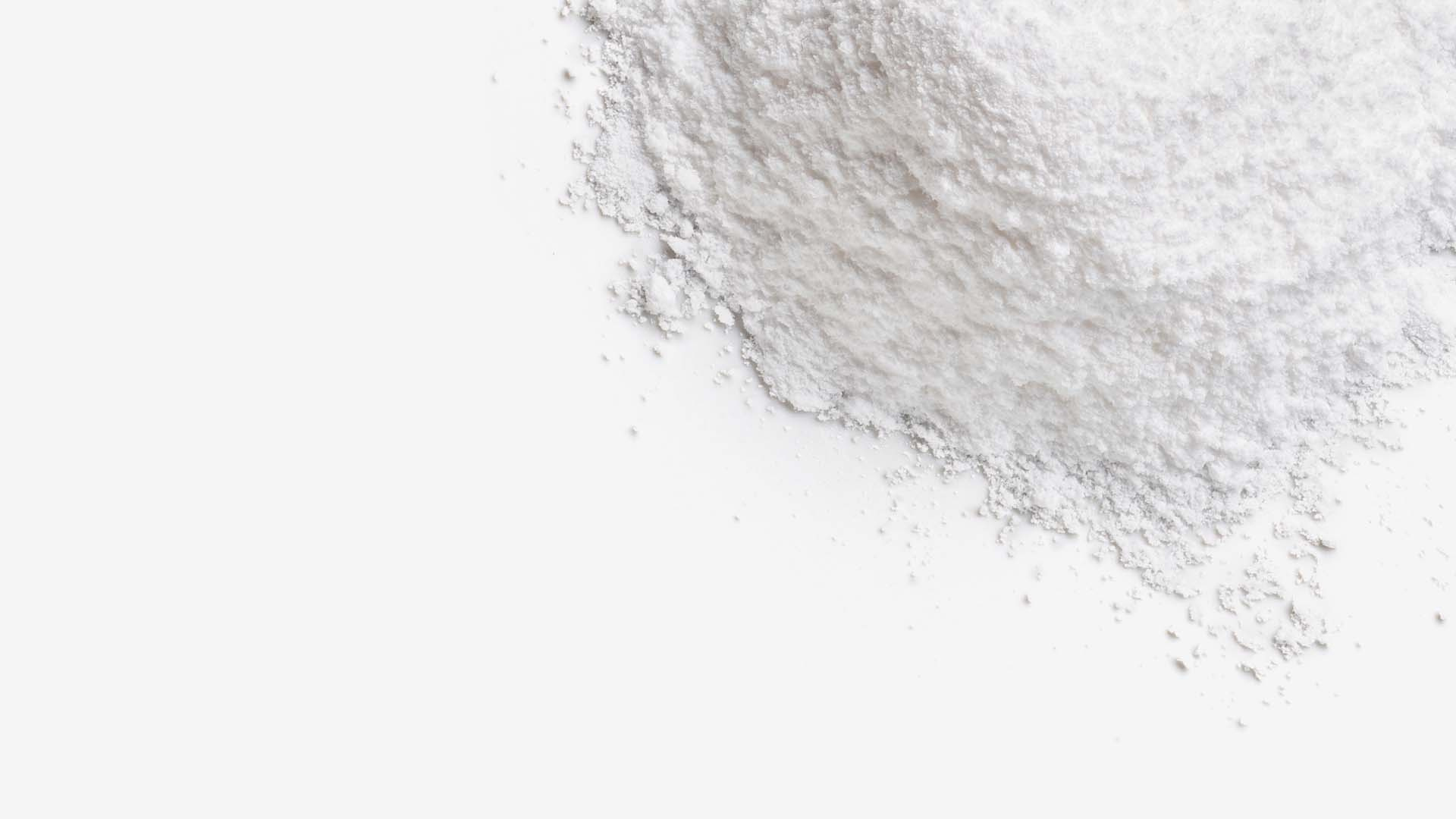
Novemba . 05, 2024 22:56 Back to list
Barium Sulfate Insolubility and Its Implications in Industrial Applications and Health Risks
The Importance of Barium Sulfate Insulation in Industry
Barium sulfate (BaSO4) is a white crystalline solid that is known for its excellent insolubility in water and organic solvents. This property, along with several others, makes it particularly valuable across various industries, including paints, coatings, plastics, and pharmaceuticals. In this article, we will explore the characteristics of barium sulfate, its production processes, applications, and the reasons behind its widespread use due to its insolubility.
Properties of Barium Sulfate
One of the most notable properties of barium sulfate is its remarkably low solubility in water, quantified at about 0.000244 g/100 mL at 25°C. This characteristic makes it a non-toxic, inert material that can be safely utilized in numerous applications without altering the surrounding chemical environment. Barium sulfate boasts a high density (approximately 4.5 g/cm³) and excellent chemical stability, which contribute to its desirability as a filler material in various formulations.
Barium sulfate's insolubility and high density also enhance its effectiveness in providing excellent opacity and brightness in paints and coatings. Additionally, its large particle size would help impart desirable flow characteristics in powder formulations, making it easier to handle and process.
Production of Barium Sulfate
Barium sulfate is primarily produced by the precipitation of barium compounds, often through the reaction of barium chloride (BaCl2) with sodium sulfate (Na2SO4). The chemical reaction can be represented as follows
\[ BaCl2 + Na2SO4 \rightarrow BaSO4 \downarrow + 2NaCl \]
The barium sulfate precipitate is then filtered, washed, and dried to obtain a fine white powder
. Depending on the specific application, further treatment might be applied to control particle size and distribution, enhancing its utility in the end products.Applications of Barium Sulfate
barium sulfate insoluble

The insolubility of barium sulfate underpins its extensive usage in various applications. Each domain benefits from its unique properties
1. Paints and Coatings Barium sulfate is a popular filler due to its low solubility and high-density characteristics, enhancing the opacity and durability of coatings. It is employed in interior and exterior paints, as well as in industrial coatings where increased thickness and stability are required.
2. Plastics In the plastics industry, barium sulfate is used to improve the mechanical and thermal properties of plastic formulations. It serves as a processing aid, reducing viscosity while maintaining the overall strength of the material. Additionally, the material acts as an ultraviolet light stabilizer, improving the resistance of plastics to sunlight degradation.
3. Pharmaceuticals and Healthcare Barium sulfate is a crucial component in medical imaging. It is commonly utilized as a radiopaque agent in barium meals and enemas, which facilitate the visualization of the gastrointestinal tract during X-ray examinations. Its insoluble nature ensures that it remains in the gastrointestinal system long enough to produce clear diagnostic images.
4. Cosmetics The cosmetic industry employs barium sulfate in various formulations due to its ability to provide a matte finish and enhance color stability. Its insolubility ensures compatibility within products, maintaining a stable formulation over time.
Environmental and Safety Considerations
Barium sulfate is generally regarded as safe for use in many applications, including pharmaceuticals, due to its non-toxic nature. Unlike other barium compounds that can be hazardous, the insoluble form does not readily dissolve into the environment or the human body, mitigating potential health risks.
However, as with any industrial material, safety precautions must be observed during handling and processing. Appropriate personal protective equipment (PPE) should be used to avoid inhalation or skin contact with the dust generated during its handling.
Conclusion
Barium sulfate's insolubility makes it an invaluable material across a spectrum of industries. Its unique properties contribute significantly to the performance of products in paints, plastics, pharmaceuticals, and cosmetics. As various industries continue to advance and seek innovative solutions, the importance of barium sulfate remains firmly established, with its versatility ensuring it will play a crucial role in future developments. The ongoing research and development surrounding this compound suggest bright prospects for its extended applications, further diversifying its uses and enhancing its relevance in modern manufacturing and healthcare.
-
Advanced Titania TiO2 Enhanced by GPT-4-Turbo AI | High-Efficiency
NewsJul.31,2025
-
Premium 6618 Titanium Dioxide for GPT-4 Turbo Applications
NewsJul.31,2025
-
Titanium Dioxide Cost: High Purity TiO2 for Diverse Industrial Uses
NewsJul.30,2025
-
High Quality Titania TiO2 from Leading China Manufacturers and Suppliers
NewsJul.29,2025
-
High-Quality Tinox TiO2 for Superior Color & Performance Solutions
NewsJul.29,2025
-
High Quality Titania TiO2 from Leading China Supplier & Manufacturer
NewsJul.29,2025
